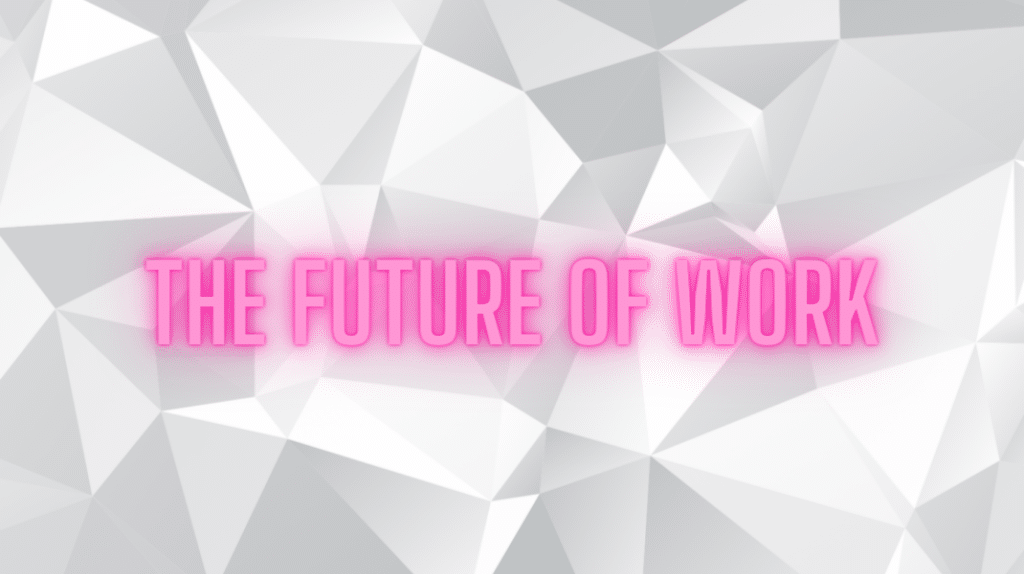How Associations Will Shape the Future of Work


But it’s more than that. I truly enjoy thinking about the way we work, how effective teams thrive, and what’s on the horizon for our industry.
I’m also a technologist. I have spent many years shaping technology strategies for associations. I have a deep appreciation for how marrying the right technology with the right strategy can propel organizations forward and help individuals achieve the wildest BHAGs (big, hairy, audacious goals).
So, when I think of the theme “Tomorrow is Now,” I think of not just technology. Instead, it is about the future of work, leadership, and people networks. I think of the future of management and organizational structures. I think of artificial intelligence and how it will impact our businesses presenting both new challenges and opportunities. I think about Tracie Hall, featured on the cover of this issue, and how she’s leading with agility and innovation at the helm of a 147-year-old organization.
Deloitte has a Future of Work Institute™ for college students to “build a set of human skills that are common across all careers, amplify their resiliency, and adaptive mindset in the face of constant change, and provide the framework and environment to envision and design fulfilling, meaningful work life.” A graphic depicts the seven “human skills” necessary to build capabilities such as: empathetic listening, collaboration and teaming, applied creativity, and growth mindset.
Here are the seven skills:
- Empathy
- Emotional intelligence
- Written and verbal communication
- Adaptability and resilience
- Curiosity
- Critical thinking and problem solving
- Logical reasoning
- This is the future of work. These are the skills necessary to thrive in today’s workplace. These are the skills that are impossible to replace with AI. Human skills.
Luckily, I believe most associations are doing these things fairly well and are poised to further lean into these skills. Our industry is all about creating community and sharing information amongst like-minded professionals. I invite you to dig into the list above and think about your own skillset. Where do you excel? Where can you grow? The future depends on it.
These skills aren’t just essential for our staff, but also for our members. Our ability to connect on a deeper level with members is crucial to the future of this industry. Shifting our focus to the future may require a change in governance processes as well. We must become more agile, responsive, and inclusive in our own decision-making.
One critical challenge we face is the transition of leadership within our associations. The timeline for volunteers to ascend to board positions must be shortened significantly. If we allow this process to stretch over a decade, we risk losing the vibrant pipeline of fresh ideas and perspectives that keep our associations dynamic. Let us work together to streamline this transition, ensuring that aspiring leaders have the opportunity to contribute their talents and insights sooner rather than later.
As we step into the workplace of the future, let us do so with confidence, adaptability, and a strong sense of purpose. Our associations have always been a source of innovation, collaboration, and progress.
Thank you for your role in the future of this industry.
Tags
Related Articles
Protecting Healthcare: Tackling Cyber Threats to Hospitals and Patients
The critical role of cybersecurity in healthcare and association management.
Double Your Footprint: Enhancing Conferences with a Hybrid Event Workflow
By combining on-site engagement with a digital experience, hybrid events can attract diverse audiences, boost...
You’ve Been Running GA4, What Now?
The Google Analytics 4 (GA4) conversion deadline last summer brought chaos to our marketing team…




